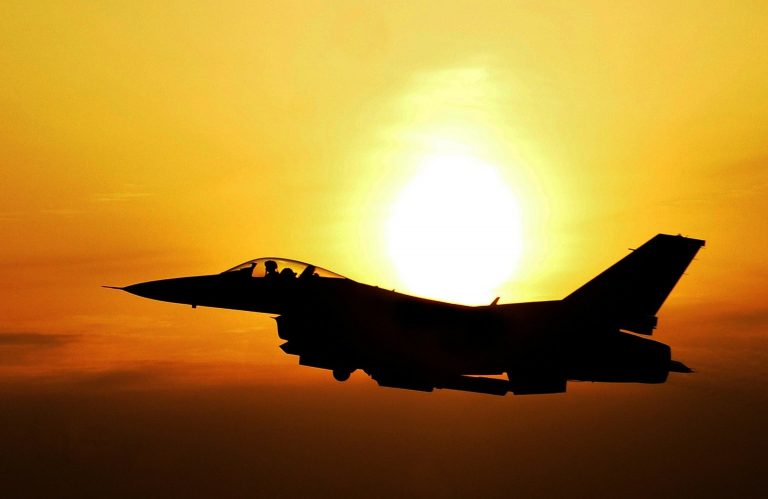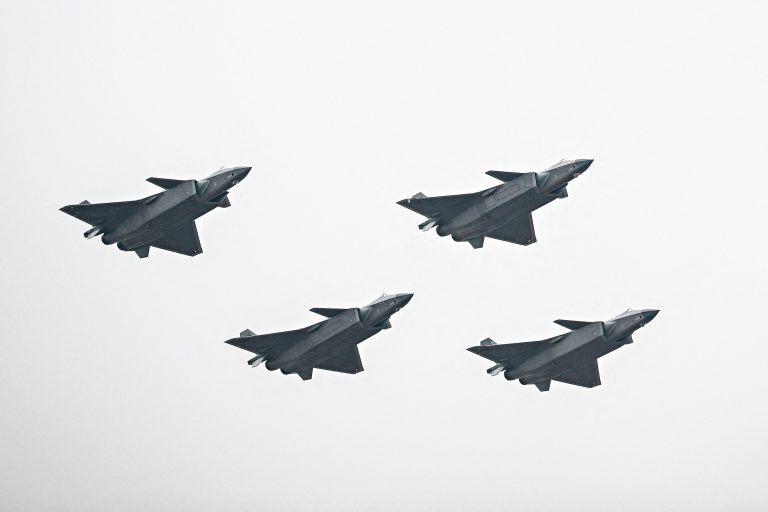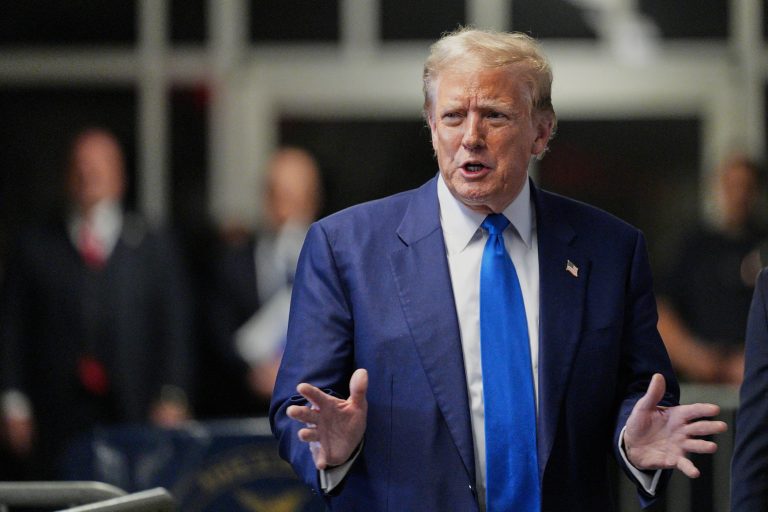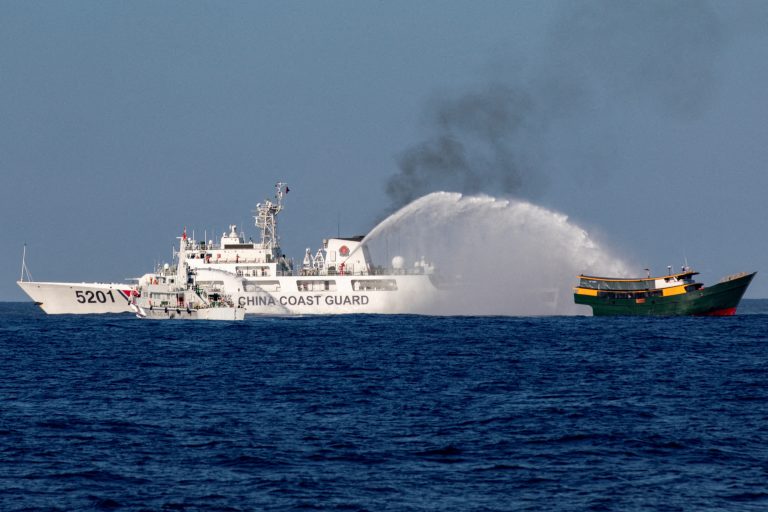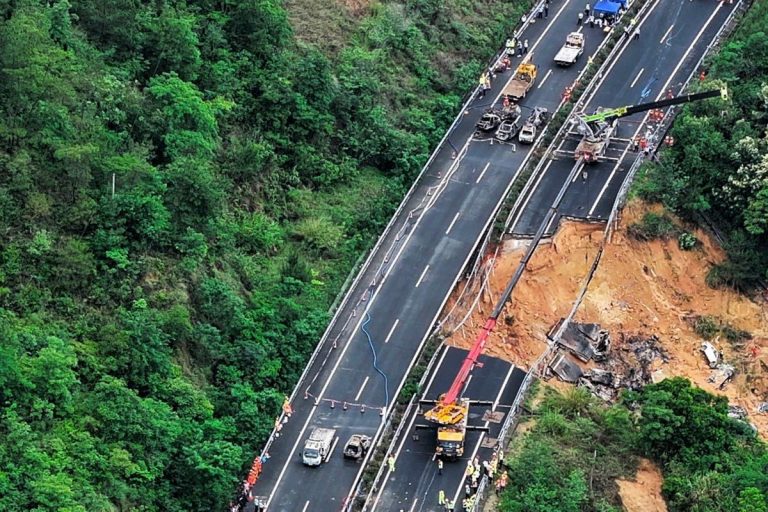A Chinese air force radio operator recently attempted to expel an American military aircraft in the midst of overflight operations near Taiwan. The radio message was intercepted on Sept. 6 at around 8 a.m. local time by Taiwanese air traffic monitors.
A voice identifying itself as the PLA Air Force broadcasted a warning. This happened while the American Navy’s P-8A aircraft overflew the Bashi Channel, which is the waterway between the Philippines and Taiwan. “This is the Chinese air force. You are approaching China’s territorial airspace. Leave immediately or you will be intercepted,” said the operator.
The Bashi Channel is a vital passage for China to reach the Western Pacific. Some experts believe that Beijing will try to block the channel if Washington attempts to militarily help Taiwan in case of a Chinese invasion.
In July, a U.S. L-100-30 aircraft landed at the Taiwan Taoyuan International Airport, unloaded cargo, and eventually took off half an hour later. The incident had triggered condemnation from Beijing, with analysts from China claiming that the landing was an act of provocation by Washington that sent a strong signal to Taiwanese independence activists.
In an interview with state-backed Global Times, Fu Qianshao, a Chinese military aviation expert, insisted that since Taiwan is Chinese territory, its airspace also belongs to China. He said that the administration will take “corresponding measures” in response to the incident.
Success
You are now signed up for our newsletter
Success
Check your email to complete sign up
“Depending on the level of the threat, we could take different measures, including expulsion and fire warnings… We have the right to shoot down any foreign military aircraft with combat capability that trespasses upon China’s airspace to carry out military missions,” Fu stated.
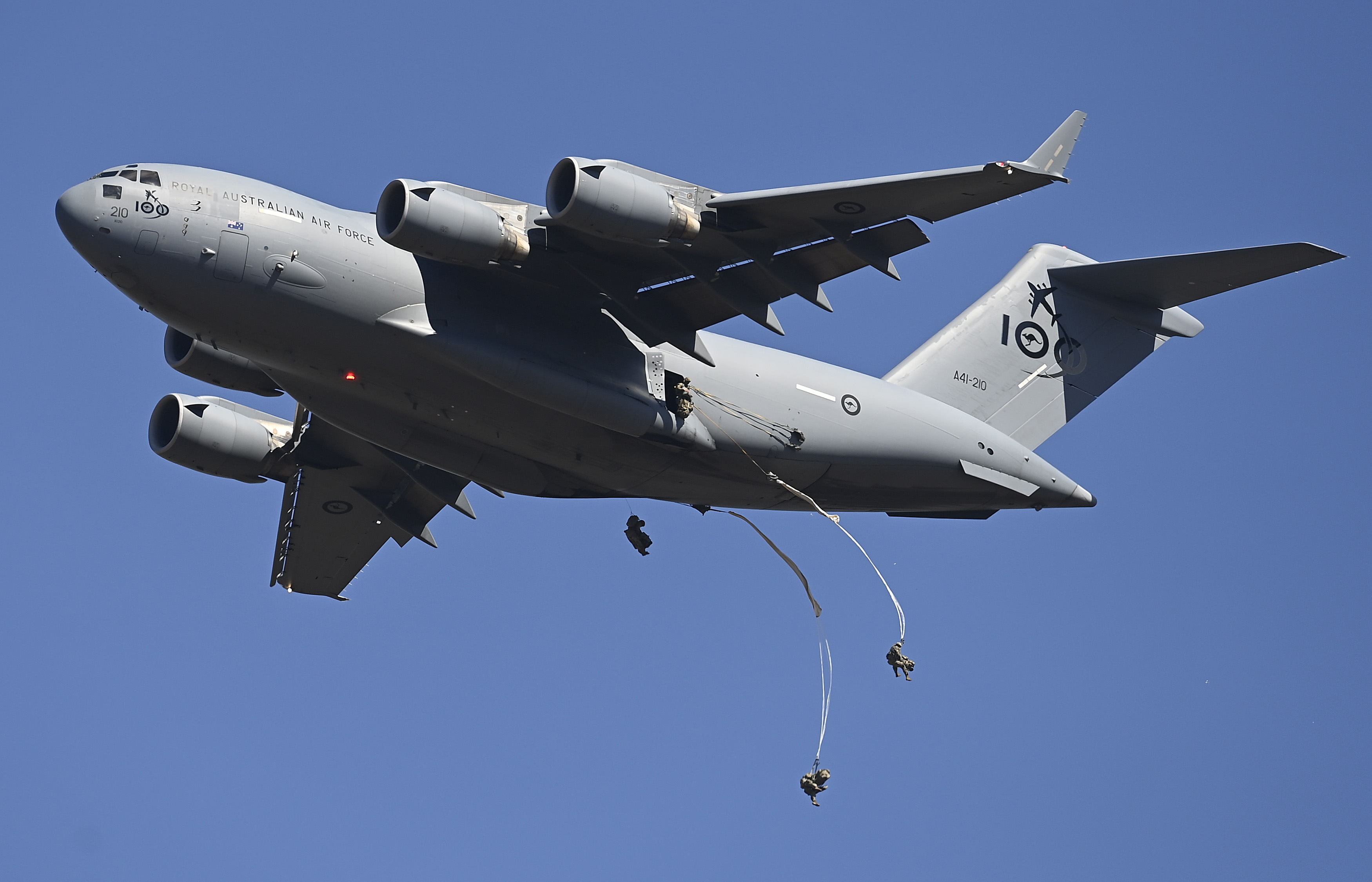
In June, a U.S. Air Force C-17 cargo plane landed for three hours at a stopover in Taipei. Three U.S. senators were aboard the plane who eventually met with Taiwanese president and discussed the COVID-19 vaccine situation. This was the first time a C-17 plane had landed in Taiwan since 1995. The incident sparked outrage on Chinese social media, with some demanding that Beijing react strongly to it.
“The status quo has never been static, and both China and the United States have made significant shifts in their Taiwan policy of late… The U.S. is going beyond past practice, but this is a response to China’s posturing,” Natasha Kassam, director of the Lowy Institute’s public opinion and foreign policy program, said to Bloomberg.
Back in 2005, Beijing had passed a law asserting its right to use nonviolence “and other necessary means” to prevent Taiwan from becoming independent.
Chinese intrusion
The Sept. 6 Chinese air force radio operator warning incident came just a day after the People’s Liberation Army sent 19 warplanes into Taiwanese airspace. The Chinese fleet included four H-6 bombers capable of carrying nuclear weapons, four J-10 fighters, 10 J-16 aircraft, and anti-submarine aircraft.
In an interview with SCMP, Song Zhongping, a military commentator and former PLA instructor, justified the Chinese intrusion. He said that since Taiwanese President Tsai Ing-wen had called the island’s relationship with China as “neighboring states,” Beijing had to respond strongly.
Song believes that PLA’s increasing presence in the airspace is an indication that the missions were part of regular training. “The move was a warning to the Taiwanese authorities not to go too far on the road to independence… It was more than just sending a threatening message – it was preparing for real combat,” he stated.
Defense budget, US support
Meanwhile, Taiwan is considering raising next year’s defense budget, aiming to develop and buy modern hardware to combat China. The island’s legislators have proposed that the government spend $17.07 billion in 2022, which would be a 5.6 percent increase over the 2021 budget. $1.45 billion is proposed to be set aside for special purposes, including buying fighter jets.
“The positive aspect is that there’s an increase in [the] budget of spending in defense… On the downside, the question of whether it’s enough or not is one which no one can truly answer unless there’s an actual war,” Sean Su, an independent political analyst in Taiwan, said to VOA.
Former U.S. Pacific Command chief Harry Harris has asked Washington to reassess America’s policy of keeping its defense commitment of Taiwan ambiguous. He warned that China is trying to “first isolate and then dominate Taiwan.”
Washington had adopted a strategic ambiguity policy with regard to Taiwan’s defense after relations between the two became “unofficial” in 1979 when the U.S. switched diplomatic recognition to Beijing from Taipei.
“If at the end of that … reassessment, we keep the same policy, that’s fine. But we shouldn’t keep it simply because we’ve done it that way since the late 1970s,” Harris said.



